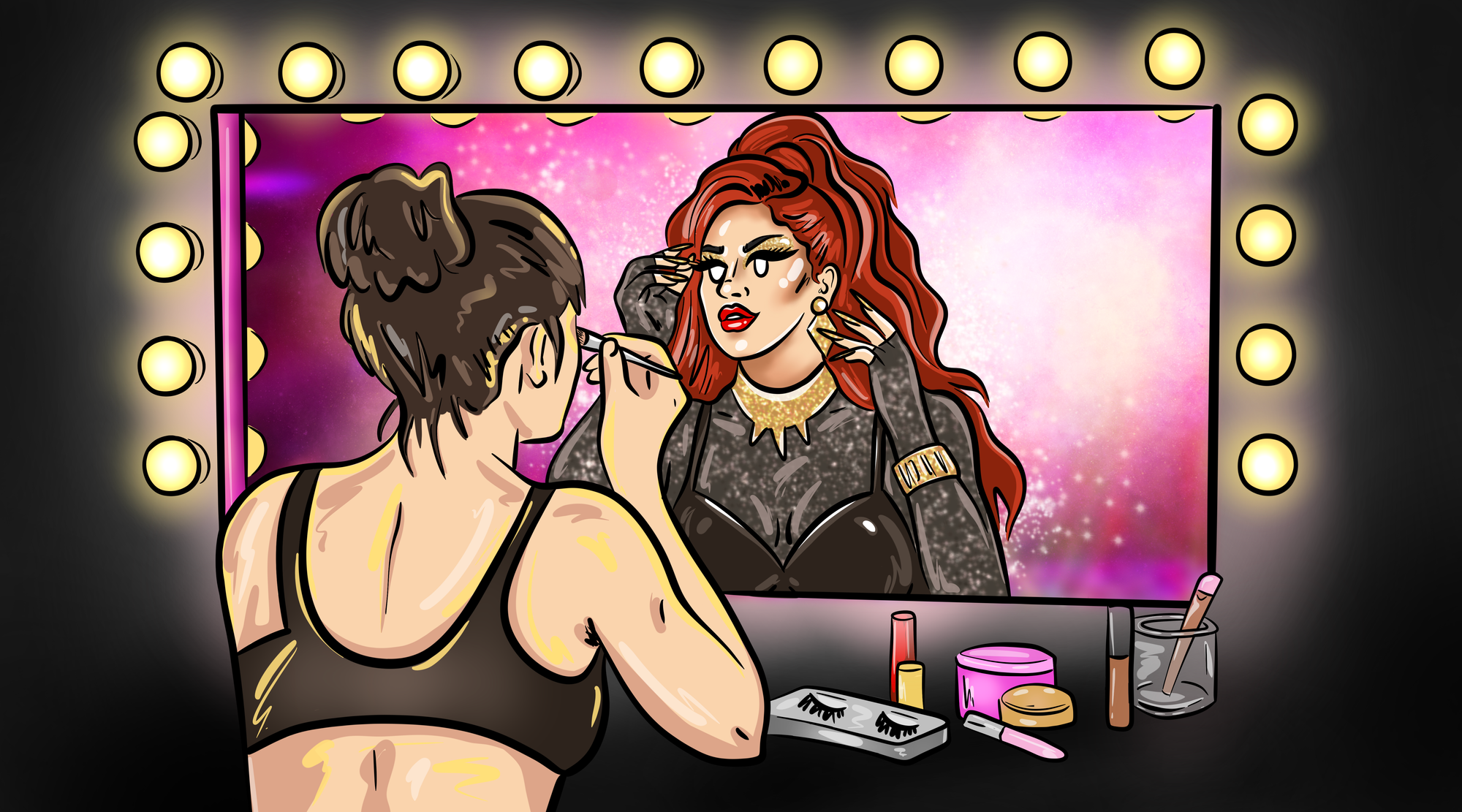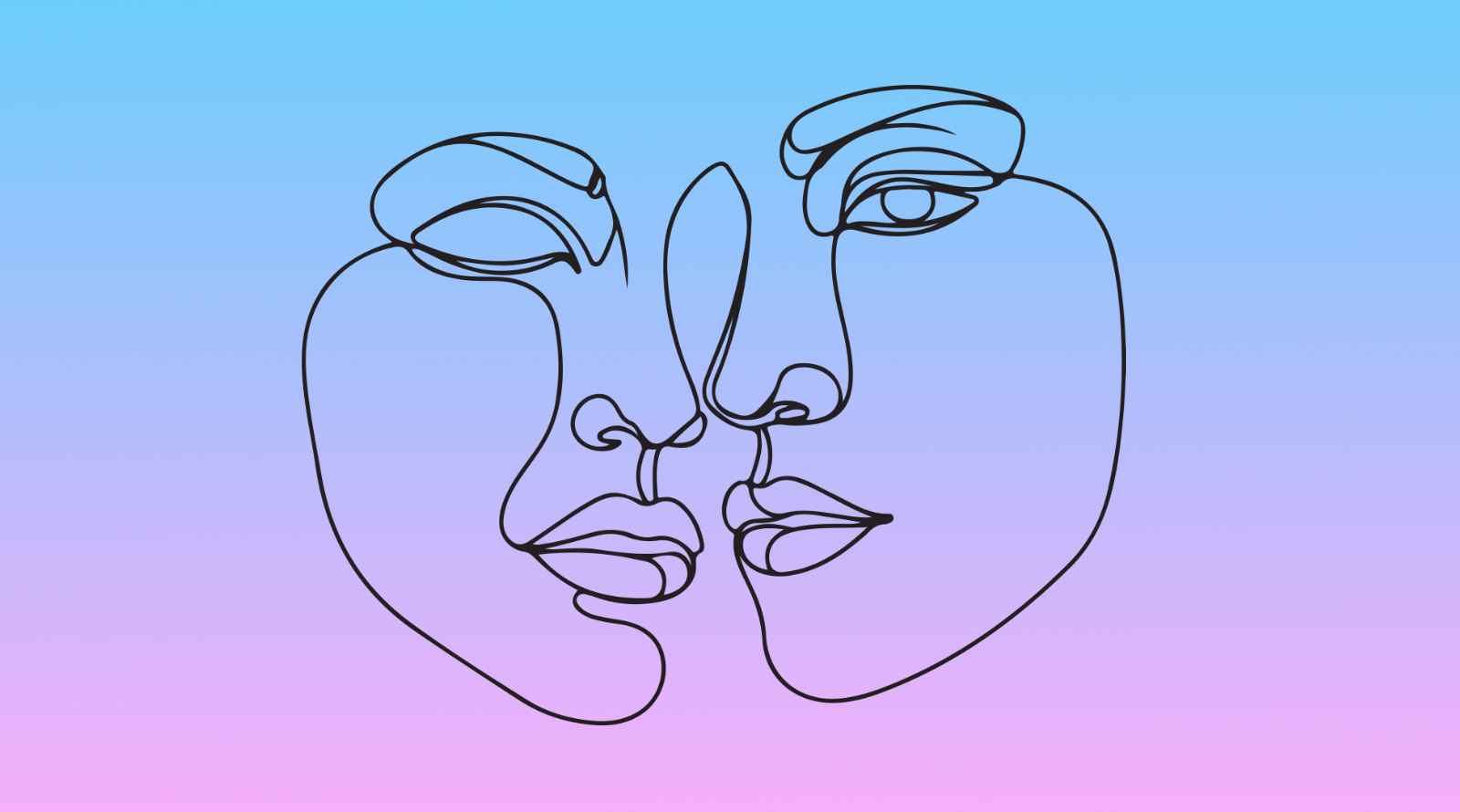The Mayor of Richmond and her husband regarded me quizzically over their matching spectacles. I had just finished explaining, in a voice raised over the bustle of the community health fair where I was doing outreach, that I was a member of my organisation's sex worker support team.
“So…” The mayor’s husband leaned forward, his heavy metal necklace clinking gently. “How do you find these people?”
I smiled politely, and launched into my tried and tested response: the importance of lived experience within our team, working with sex worker rights and advocacy groups, and the challenges that we still face in reaching people because of criminalisation.
“Punitive laws mean that sex workers can be extremely nervous even to engage with support services. That’s part of why decriminalisation is so important,” I added pointedly.
“Right, yes, well.” He returned my polite smile. “That’s wonderful work you’re doing for them.”
It never seems to occur to people that I could be a sex worker. Even when I am standing in front of them and explaining that I work for a service that specifically supports the sex worker community, and that lived experience is a key part of that role.
It never seems to occur to people that I could be a sex worker.
It’s not just local politicians. Earlier this year, I participated in a civvie writing group and decided to risk sharing the subject of a short story I was working on. While the responses from my fellow writers were certainly not negative, they betrayed a certain voyeurism and distance – “how fascinating!” – that it was assumed I naturally shared. “How are you going to humanise them?” one woman asked.
I’ve even had similar experiences in coming out to my own friends. I never believed any of them would be surprised, what with having endured years of me banging on about poverty and sex worker rights before pulling out cash to pay for my share of the bill. And yet they have been uniformly rendered briefly speechless, with none of them apparently harbouring the smallest suspicion. More than one has told me that it had literally never crossed their mind that I could have done sex work.
So, what’s going on here, exactly? Is it that everyone I encounter is just a massive middle-class square who lacks imagination? I can’t speak for the Mayor of Richmond or her husband, or the members of a virtual writing group, but in defence of my friends, I’m going to say that can’t be it.
Is it me? I’ll admit to being exceptionally conventional in my presentation, and basic as fuck in my tastes: pumpkin spice lattes, reformer pilates, and sourdough toast all feature heavily. “Just a nice, white cis lady,” my support team lead – also a sex worker – loves to tease me.
I may be dull, but I think something deeper is at play here. I think it’s that sex work is so stigmatised and so othered that it rarely occurs to people that sex workers could be their friends, their colleagues, that person sat across from them on the train, or behind them in the checkout queue. “Sex workers are everywhere,” reads the opening line of Revolting Prostitutes. “Someone you know is a sex worker,” campaigned Rachel Schreiber and Barbara DeGenevieve. “Someone you love is a sex worker,” said Valerie Scott in her Ted Talk. Because people genuinely seem to need to be informed of this.
Sex work is so stigmatised and so othered that it rarely occurs to people that sex workers could be their friends, their colleagues, that person sat across from them on the train...
I’ve been meaning to write this blog for a while – thank you for bearing with me, Tryst editors! – but have been pretty flat-out setting up a sex worker bookshop.* I was handily reminded to finish it by a conversation I had just this week. The estate agent of the property we were looking at renting called me after it finally occurred to him and the landlord to read our company articles. They are unequivocal about our aims of platforming sex worker writers and artists, providing safe employment for people with lived experience, and educating the visiting public about the subject of decriminalisation.
“I think it’s just great,” mumbled the estate agent awkwardly. “What you’re trying to do.”
“Thank you, so do I!” I said breezily.
“That must have been quite a thing for you to learn about these women.”
This outlook is a double-edged sword. I have to acknowledge that I am a huge beneficiary of it – apparently conventional people like me get to fly under the radar and be accepted in spaces that, if everything about us was actually so discernible, we might find much harder to access.
And yet, it is symptomatic of the stigmatisation and othering that are deeply, deeply harmful. This nonsense idea that we exist in the shadows, at the margins, or “underground” perpetuates a sense of unreality about sex workers, and sustains apathy about our health, safety, labour, and human rights. Why would people care about us, if we don’t exist to them?
For those of us that can, we need to remind them: sex workers are everywhere, they are someone you know, and they are someone you love. You encounter us everyday, and we do not have two heads or signs on our foreheads. We do not perpetually walk around in stilettos or full make-up. We are not visibly deviant, or damaged, or different. We are normal people, working to support ourselves and our families, actively participating in society. We look like everyone else. In fact, we look just like you.
* Yes, I’m setting up a bookshop and it’s terrifying. Please support our crowdfunder!
Are you a sex worker with a story, opinion, news, or tips to share? We'd love to hear from you!
We started the tryst.link sex worker blog to help amplify those who aren't handed the mic and bring attention to the issues ya'll care about the most. Got a tale to tell? 👇☂️✨




